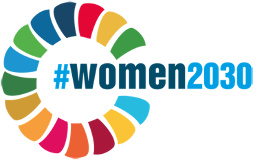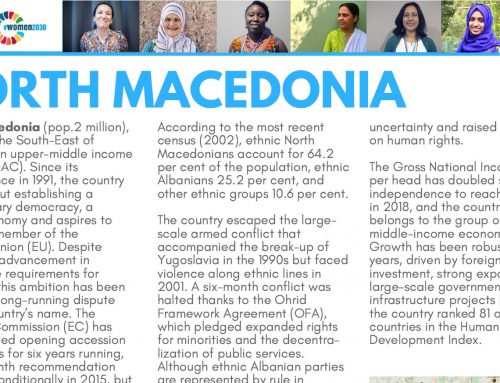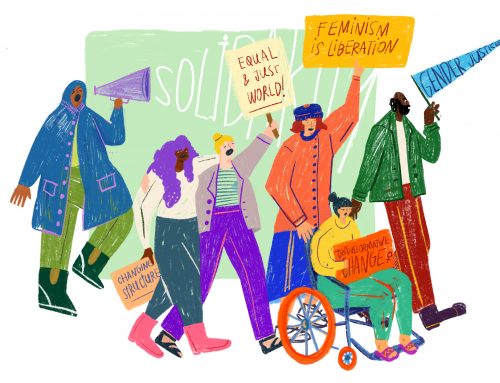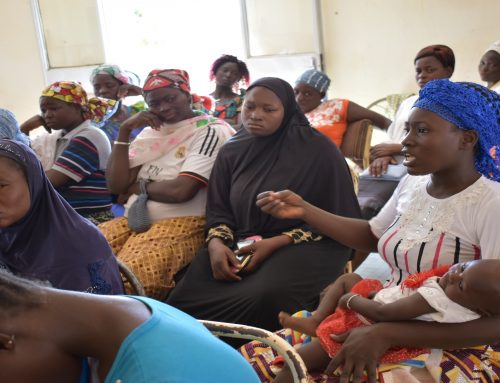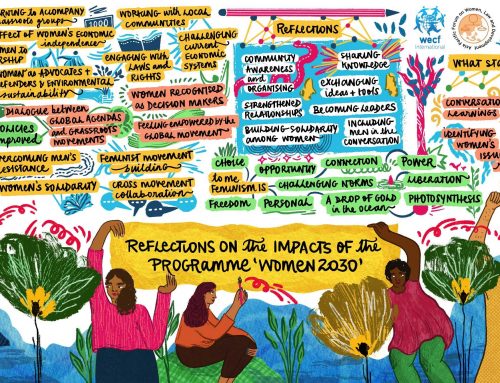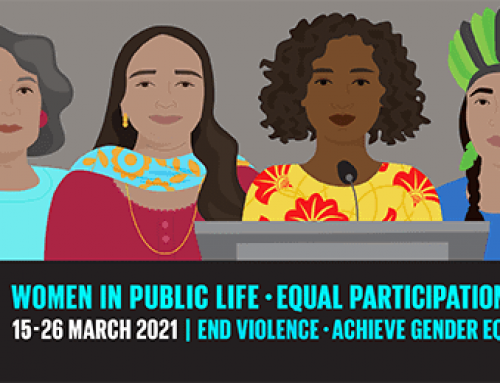WEP at UNEA 2
Women Environmental Programme was at the second United Nations Environment Assembly (UNEA2) that held in Nairobi, Kenya, from 23 – 27 May, 2016. The Assembly, convened by the United Nations Environment Programme, UNEP, brought together diverse stakeholders ranging from UN member states, Major groups, civil society organizations, scientists, development organizations and academia etc.
The Assembly, themed “delivering on the 2030 agenda” came up with a road map that if properly implemented, will contribute to realizing the environmental dimensions of the agenda 2030. The Assembly after intensive deliberations agreed on 25 Resolutions that bother on critical environmental issues: combating desertification, land degradation and sustainable management of rangelands; pastoralism; sustainable and optimal management of natural capital; sound management of chemicals and wastes; marine plastic debris and microplastics; sustainable consumption and production; illegal trade in wildlife; ensuring effective implementation of Paris climate agreement etc.
At the first day of the UNEA 2, WEP co-organized a side event with Women in Europe for a Common Future (WECF), Global Waste Water Initiative, Turkish Water Institute, Stockholm Environment Institute, UN Habitat, and Rural Communities Development Agency,(RCDA) Georgia.
The side event themed: “Towards a Circular Economy Through Sustainable Management of Waste Water and Reuse” looked at issues of implementing target 6.3 in different parts of the world and highlighted the importance of adequate wastewater monitoring as part of the SDGs in collaboration with all sectors. The event also tackled the question of how to design resilient wastewater systems as part of the SDGs implementation from a social, economic and environmental perspective.
Speakers at the event which was declared open by Sweden’s Environment Ambassador, Jan Olsson and moderated by Sascha Gabizon, of WECF included: Jakob Granit of Stockholm Environment Institute; Rostom Gamisonia of RCDA and John Baaki of WEP, who made a presentation on “Civil Society’s Role to Implement SDG 6-Nigeria’s Case.”
After the side event, WEP participated in several other activities at the UNEA2 – following discussions and deliberations on draft resolutions, attending other side events and symposia, and having strategic meetings with partners. WEP in company of other Nigerian Civil Society Organizations also had a meeting with Nigeria’s Minister of Environment, Mrs. Amina J. Mohammed, to present issues that Nigerian CSOs think are priority issues for Nigeria, for her to take them up during negotiations.

L-R: Jakob Granit of Stockholm Environment Institute; Sascha Gabizon of WECF; Sweden’s Environment Ambassador, Jan Olsson; John Baaki of WEP; and Rostom Gamisonia of RCDA during the side event at UNEA2.

Mrs. Amina J. Mohammed (Middle), Nigeria’a Environment Minister in group photograph with Nigerian CSOs at UNEA-2 in Nairobi, Kenya
Start-Up Meeting for EU’s Devco Women2030 Project
After the UNEA2, WEP joined other partners at Nairobi German School for a start-up meeting of the European Commission’s International Development Cooperation (DEVCO) project – Women2030 global project.
Women2030 project is a partnership project between a coalition of 5 global and regional women’s network who have come together to work towards contributing to the realization of the Sustainable Development Goals, SDGs. This coalition comprise of the following organizations and networks: Women in Europe for a Common Future, WECF International; Women Environmental Programme, WEP; Global Forest Coalition, GFC; Gender and Water Alliance, GWA; and Asia Pacific Forum on Women, Law and Development.
This project start-up meeting followed the strategic partnership signing agreement between the European Commission and the women’s coalition in Brussels, on 18th March, 2016.
The start-up meeting was used as a medium to strategize for the implementation of the project, and clarify roles of each member of the coalition.
The Women2030 project is aimed at:
- building capacity of women’s and gender-focused civil society organizations on planning, monitoring and implementation of the SDGs/post 2015 agenda and the climate agreement.
- creating awareness at all levels of gender-equitable best practices and progress of national post-2015 SDG plans
- ensuring more gender-responsive SDGs/post 2015 plans with participation of women and women’s organizations.
WEP will work in the following 9 African countries to monitor/facilitate implementation of SDGs – Burkina Faso, Chad, Cameroon, Congo, Ghana, Nigeria, Senegal, Togo, and Tunisia.
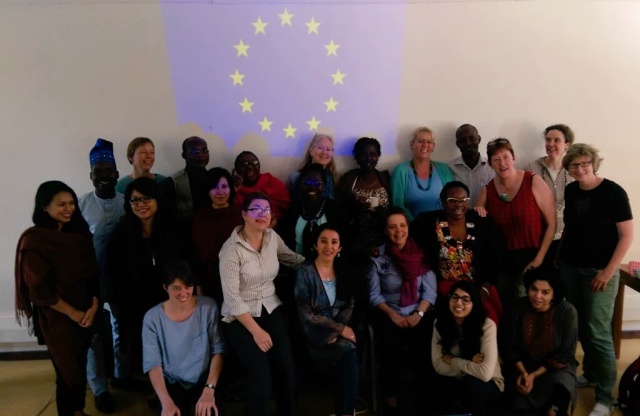
Members of Women2030 pose for a group photograph during their project start-up meeting in Nairobi, Kenya
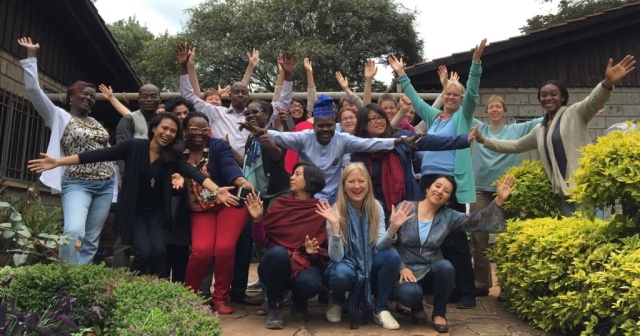
Women2030 global project members

